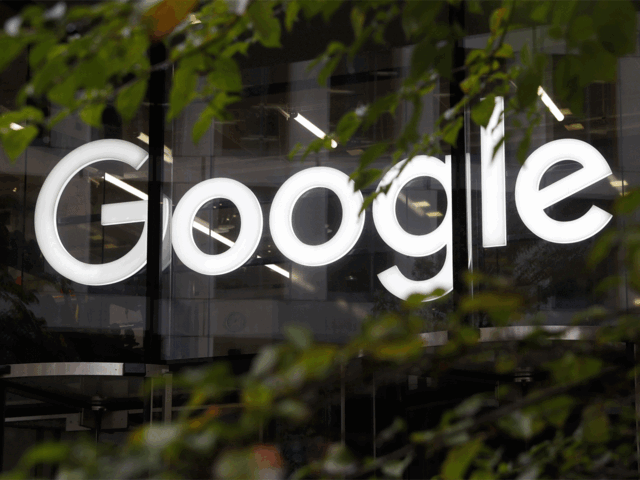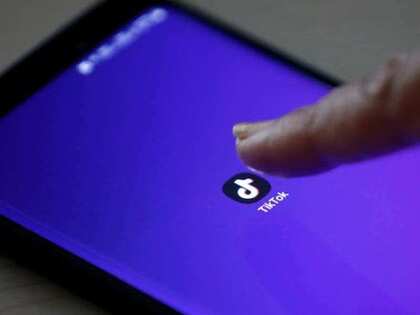Google reveals it fought back one of the biggest cyber attacks

Google has revealed that it had faced one of the biggest DDoS cyber attacks back in 2017 clocking at 2.5 Tbps (bits per second) over a period of six months. The reason as to why Google is officially disclosing this attack now is because it wants businesses to have an idea about how big cyberattacks can be in the present times. Also, as per Google, events like elections, pandemics or other crises present opportunities for attackers to exploit organisations more.
DDoS or distributed denial-of-service attack is simply a way to prevent access to services online by using thousands of malicious bots. These bots send massive amounts of service requests to the target’s IP address and floods it with online traffic. This sudden spike in traffic overwhelms the victim’s servers causing it ultimately refuse services to its actual users.
Google said that it had managed to “absorbed a 2.5 Tbps DDoS in September 2017”. This attack was part of a six-month campaign that used multiple methods. Google’s Threat Analysis Group (TAG) claimed in a separate report that the attack was not carried out by an individual and was in fact state-sponsored. The researchers claimed that the attack originated from China and had used the network of four internet service providers in China.
“Our Security Reliability Engineering team measured a record-breaking UDP amplification attack sourced out of several Chinese ISPs (ASNs 4134, 4837, 58453, and 9394), which remains the largest bandwidth attack of which we are aware,” it said.
The attackers expected to get past Google’s past automated defenses to disrupt services and had targeted thousands of Google’s IPs at the same time. “The attacker used several networks to spoof 167 Mpps (millions of packets per second) to 180,000 exposed CLDAP, DNS, and SMTP servers, which would then send large responses to us. This demonstrates the volumes a well-resourced attacker can achieve,” it added.
Explaining how big the 2.5 Tbps DDoS attack in 2017 was, it described, “This was four times larger than the record-breaking 623 Gbps attack from the Mirai botnet a year earlier. It remains the highest-bandwidth attack reported to date, leading to reduced confidence in the extrapolation.”
Google wants to highlight that more and more state-sponsored DDoS attacks are happening around the globe and its capacity and intensity is actually growing.
DDoS or distributed denial-of-service attack is simply a way to prevent access to services online by using thousands of malicious bots. These bots send massive amounts of service requests to the target’s IP address and floods it with online traffic. This sudden spike in traffic overwhelms the victim’s servers causing it ultimately refuse services to its actual users.
Google said that it had managed to “absorbed a 2.5 Tbps DDoS in September 2017”. This attack was part of a six-month campaign that used multiple methods. Google’s Threat Analysis Group (TAG) claimed in a separate report that the attack was not carried out by an individual and was in fact state-sponsored. The researchers claimed that the attack originated from China and had used the network of four internet service providers in China.
“Our Security Reliability Engineering team measured a record-breaking UDP amplification attack sourced out of several Chinese ISPs (ASNs 4134, 4837, 58453, and 9394), which remains the largest bandwidth attack of which we are aware,” it said.
The attackers expected to get past Google’s past automated defenses to disrupt services and had targeted thousands of Google’s IPs at the same time. “The attacker used several networks to spoof 167 Mpps (millions of packets per second) to 180,000 exposed CLDAP, DNS, and SMTP servers, which would then send large responses to us. This demonstrates the volumes a well-resourced attacker can achieve,” it added.
Explaining how big the 2.5 Tbps DDoS attack in 2017 was, it described, “This was four times larger than the record-breaking 623 Gbps attack from the Mirai botnet a year earlier. It remains the highest-bandwidth attack reported to date, leading to reduced confidence in the extrapolation.”
Google wants to highlight that more and more state-sponsored DDoS attacks are happening around the globe and its capacity and intensity is actually growing.
























All Comments (0)+^ Back to Top
Refrain from posting comments that are obscene, defamatory or inflammatory, and do not indulge in personal attacks, name calling or inciting hatred against any community. Help us delete comments that do not follow these guidelines by marking them offensive. Let's work together to keep the conversation civil.
HIDE